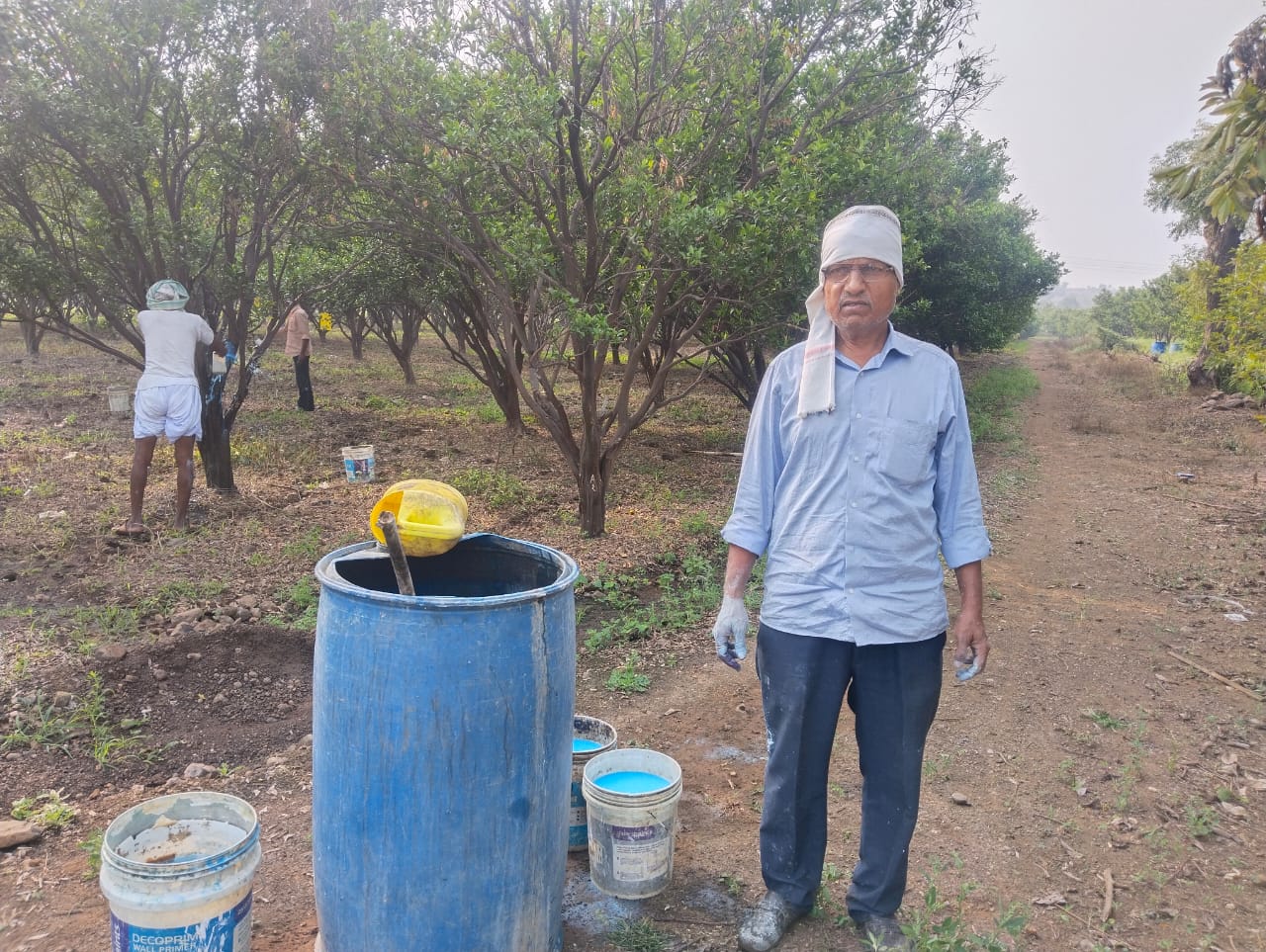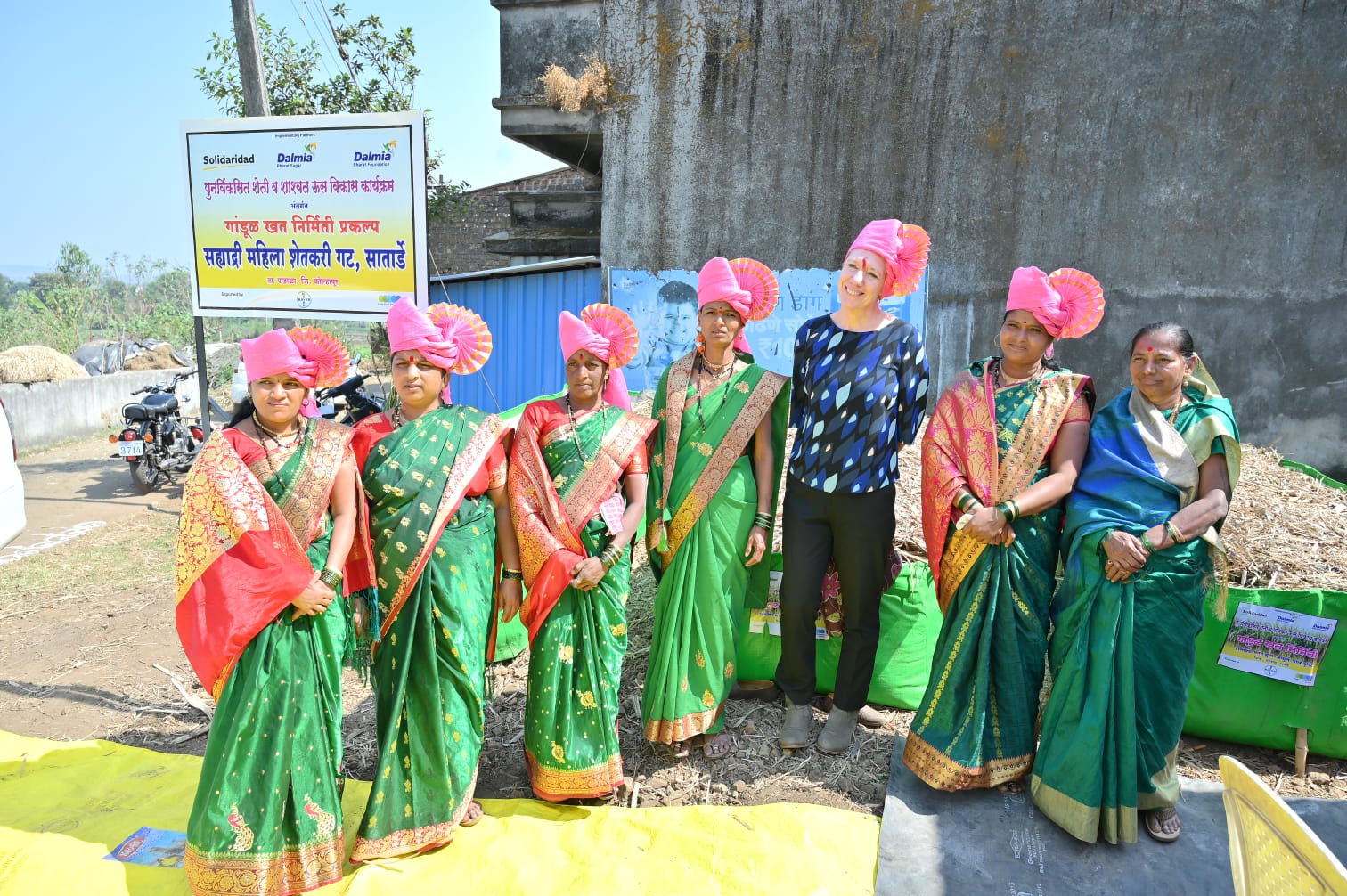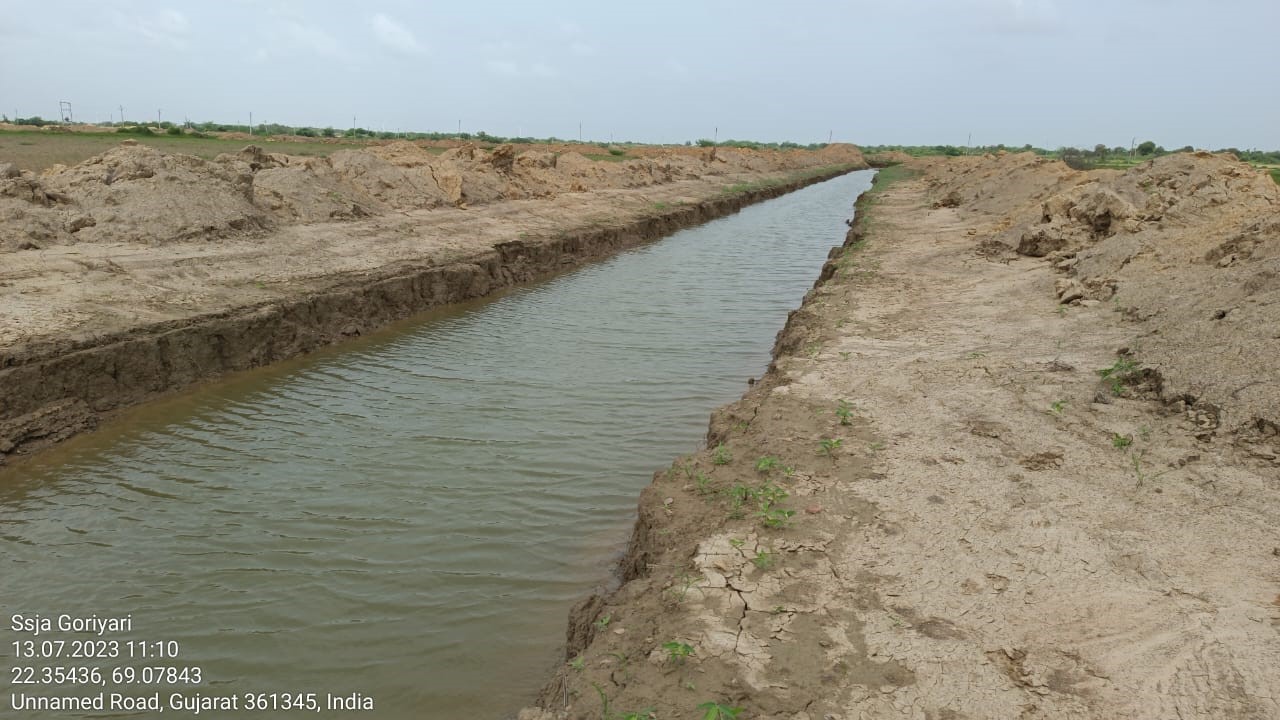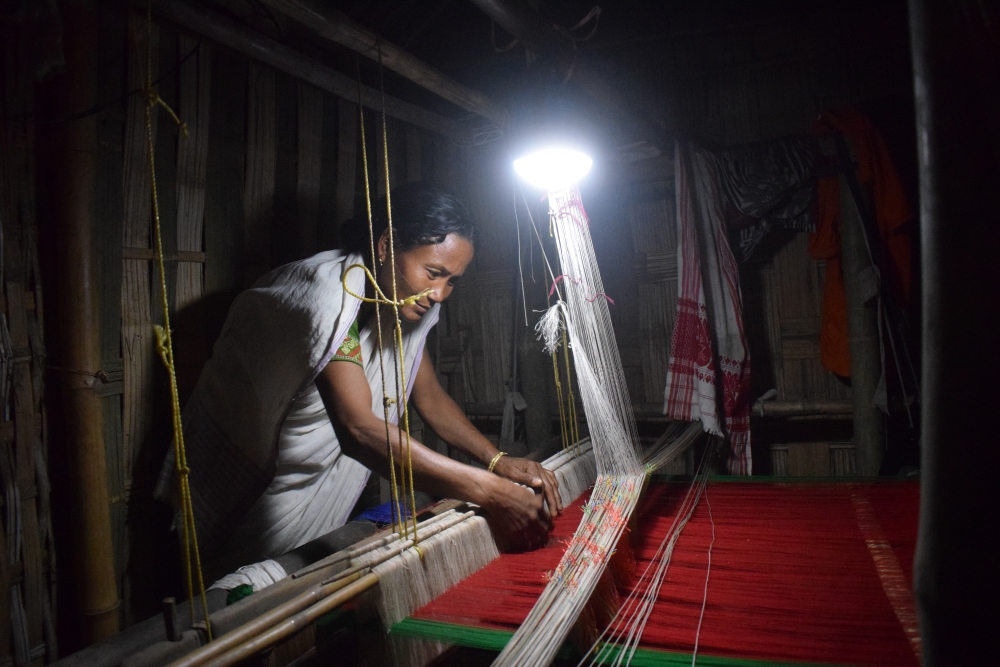Through various programmes and projects, Vasudha Foundation intends to promote the sustainable consumption of earth’s bounties
The question of whether climate change is real or not has been rendered meaningless. Peer-reviewed papers, high-level scientific studies and severe anomalies observed in natural climatic conditions prove that climate change (now widely termed as climate crisis) is one of the major global concerns of our times. Although, international conventions with legally binding instruments and national level action plans/schemes are in place to address climate change, yet very little action has been taken to reduce greenhouse gas (GHG) emissions and avert (mitigate) climate change. Several factors can be attributed for this shortfall, like lack of integration of climate change action with development agenda; political unwillingness and lobbying; lack of regional-level plans and such others.
With an earnest spirit to contribute to fill this lacuna and to work towards sustainable development, Vasudha Foundation was set up in 2010 as a not-for-profit organisation. The core mission is to conserve Vasudha, which in Sanskrit means the Earth, the giver of wealth. Through various programmes and projects, the Foundation intends to promote the sustainable consumption of earth’s bounties. Over the years, Vasudha Foundation has collaborated with a number of multi-lateral organisations and state governments on three programme verticals, namely: putting India on a climate-friendly and resilient pathway; energy access solutions, and scaling up renewable energy.
Recognising the fact that there are no universal solutions for climate change, Vasudha Foundation has endeavoured to develop regionally appropriate action plans to tackle climate change. It was part of a consortium that helped to develop State Action Plan for Climate Change (SAPCC) for the states of Nagaland, Tamil Nadu, Sikkim and Union Territories of Dadra and Nagar Haveli in collaboration with GIZ and other consortium members. These SAPCCs were well received and also approved by the Ministry of Environment, Forests and Climate Change, (MoEFCC), India.
Moving a step ahead and to promote a bottom-up approach for climate change planning, Vasudha Foundation has now initiated the project of developing District Climate and Environment Action Plans (DCEAP) for multiple districts of India. DCEAP is one of the first district-level planning projects in India that would help to identify district-specific climate change drivers and provide recommendations for mitigation. This project intends to work closely with the respective district administration and other relevant stakeholders to understand the development priorities and propose smooth integration of climate change action with the district aspirations. Besides enabling the districts to address climate change, this project would also contribute in the state climate change action planning and implementation process. Overall, these efforts would make concrete contributions for the national emission reduction aspirations as indicated in India’s Nationally Determined Contributions (NDC) submitted under Paris Agreement of the United Nations Framework Convention on Climate Change (UNFCCC) as well as help India to meet the Sustainable Development Goal-13 i.e. “Take urgent action to combat climate change and its impacts”.
Vasudha Foundation is also an integral part of the pioneering work called the Greenhouse Gas (GHG) Platform India. The GHG Platform – India (GHGPI) is a collective civil-society initiative providing independent estimation and analysis of India’s GHG emissions across key sectors such as Energy, Waste, Industry, Agriculture, Forest and Other Land Use (AFOLU). The platform was jointly conceptualised by Shakti Sustainable Energy Foundation and Vasudha Foundation. Vasudha Foundation also acts as the Secretariat of the platform, besides estimating and preparing reports for the AFOLU sector. The other partner organisations for GHGPI are Council on Energy, Environment and Water (CEEW); Centre for Study of Science, Technology and Policy (CSTEP); ICLEI Local Governments for Sustainability – South Asia; and world Resources Institute – India.
GHGPI has completed three phases and currently hosts national estimates for GHG emissions from 2005 to 2015 by accounting CO2, CH4 and N2O gases. It now also has sub-national (i.e. state level) GHG emission estimates. It strictly follows the methodology guidelines as given by the Intergovernmental Panel on Climate Change (IPCC) and sources the activity data from government published data. Overall, GHGPI acts as a repository of information on the process of GHG accounting and estimations (emission estimates, methodology reports and back-end calculation sheets have been uploaded on the GHGPI website). GHGPI has been recognised by the Ministry of Environment, Forests and Climate Change (MoEFCC) in the Second Biennial Update Report (BUR) submitted to the UNFCCC.
Vasudha Foundation has carried out several projects in the energy sector as well. Some of the initial projects pertaining to energy were: 1) Preparation of District Energy Plan for the districts of Mandla in Madhya Pradesh and Moradabad in Uttar Pradesh; 2) Detailed assessment of rural electrification in India and coming up with a campaign on ‘Universal Service Obligation’ for rural energy services, and 3) Bhutan Energy Cooperation Agreements and the Implementation of Hydropower Projects in Bhutan. One of the ongoing energy sector projects is the ‘Energy Mapping Initiative’. It is a web-based reservoir of analytics, data and interactive information on power generation in India. At present, the energy mapping platform offers information on operational and proposed thermal power plants (TPPs) in India which is based on an extensive database put together by the Vasudha Foundation team.
On the community front, Vasudha Foundation also forayed into working on providing “energy access” solutions to rural communities. One such project that it ventured was to set up a “community biogas plant” in the village of Lalpur in Madhupur Taluk of Jharkhand. As a pilot and in order to build awareness the village women were also trained and oriented on biogas plants for meeting heating and cooking energy demands. Vasudha also installed two household-level biogas digesters in the village and this helped to build awareness of the communities on bio-gas. While the community bio-gas plant did not succeed due to a number of reasons, many individual biogas plants were installed in households in the vicinity.
Climate change invariably impacts all the sectors and regions (although to a different extent). Therefore, climate change adaption and preparedness is also crucial. For one of the climate change adaptation projects, Vasudha has worked with the farmers and other stakeholders (in the state of Punjab) on water conservation practices of agriculture, particularly rice cultivation and also addressing the issue of straw management, from the perspective of the burning of rice straw.
Through its ongoing and future projects, Vasudha Foundation is determined to endeavour towards addressing climate change and the different cross-cutting issues by developing implementable and achievable action plans; providing region-specific solutions; adopting the decentralized approach and bottom-up method and ensuing stakeholders’ participation.








